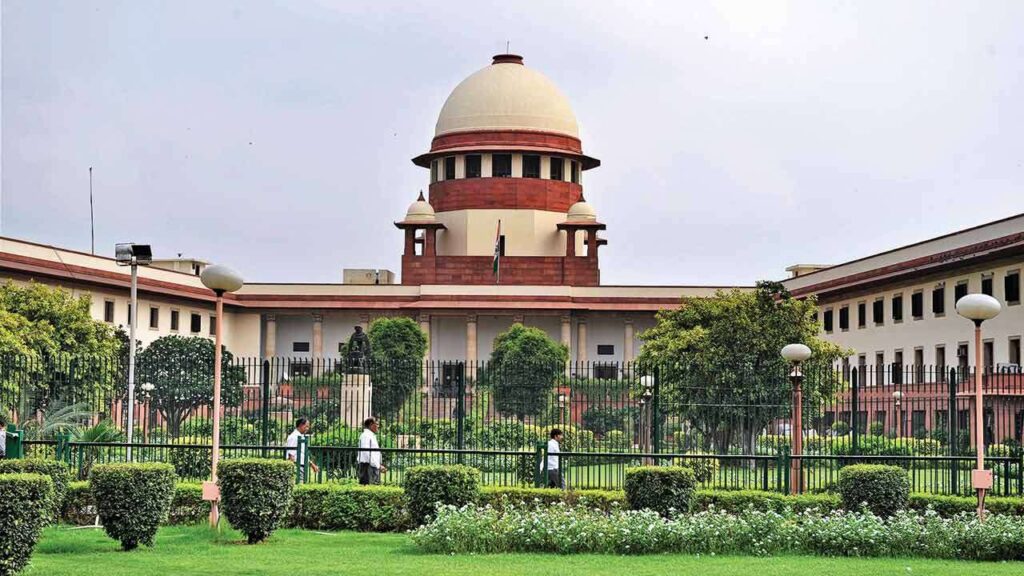In August 2024, the Supreme Court of India made a significant decision in the case of State of Punjab vs Davinder Singh, which involved the sub-classification of the reserved category of Scheduled Castes (SCs) into smaller groups to ensure that the most disadvantaged people within these groups receive more benefits. This decision is called “sub-classification” and aligns with the ideas of B.R. Ambedkar, who worked for equality among all Dalit groups.
Ambedkar believed that all Dalits should be treated equally, but acknowledged that some groups faced more discrimination within the Dalit community. He led movements like the Mahad Satyagraha and the Kalaram Temple Entry movement, which protested against religious discrimination against Dalits. The deeply ingrained caste system made it difficult to achieve full equality.
The recent Supreme Court judgment builds on Ambedkar’s vision by allowing the sub-classification of SCs, acknowledging that some Dalit groups have been left behind even with reservation policies. This decision aims to give more opportunities to the most disadvantaged Dalit groups so that the benefits of reservations reach those who need them the most.

The judgment is a step towards “social justice” because it takes into account the fact that not all Dalits have had the same access to resources or opportunities. It’s an attempt to make the reservation system fairer by recognizing the different struggles of various Dalit sub-castes.
However, not everyone agrees with this decision. Some powerful Dalit communities fear that splitting the SC category will weaken their political influence and divide the Dalit movement. However, different Dalit groups have always had their own issues and movements, such as the Madiga community in South India and the Valmiki community in North India.
In North India, there is more resistance to the idea of sub-classification, with some Dalit organizations opposing it, believing it could create divisions among Dalits. However, in South India, many Dalit groups support this change, believing that dividing the SC category is necessary to ensure fairness and help the most marginalized groups get the benefits they deserve.
In conclusion, the Supreme Court’s judgment is rooted in years of activism by marginalized Dalit communities who have long demanded more fairness within the SC category. By ensuring that all groups receive the help they need, the Dalit community can use this opportunity to promote a more inclusive and fair society, while also pushing for other important reforms like land redistribution and extending reservation policies to the private sector.
While some challenges and concerns remain, this decision has the potential to strengthen social justice for Dalits by ensuring that all groups receive the help they need. Following Ambedkar’s vision of unity and cooperation, the Dalit community can use this opportunity to promote a more inclusive and fair society, while also continuing to push for other important reforms like land redistribution and extending reservation policies to the private sector.
.
.
.
.
.join our telegram channel for regular updates of The Hindu Epaper Editorial Explanation-https://t.me/Thehindueditorialexplanation
The Hindu Epaper Editorial Explanation given by Hello Student is only a supplementary reading to the original article to make things easier for the students.
In conclusion, preparing for exams in India can be a daunting task, but with the right strategies and resources, success is within reach. Remember, consistent study habits, effective time management, and a positive mindset are key to overcoming any academic challenge. Utilize the tips and techniques shared in this post to enhance your preparation and boost your confidence. Stay focused, stay motivated, and don’t forget to take care of your well-being. With dedication and perseverance, you can achieve your academic goals and pave the way for a bright future. Good luck!
The Editorial Page of The Hindu is an essential reading for all the students aspiring for UPSC, SSC, PCS, Judiciary etc or any other competitive government exams.
This may also be useful for exams like CUET UG and CUET PG, GATE, GMAT, GRE AND CAT
To read this article in Hindi –https://bhaarat.hellostudent.co.in/

